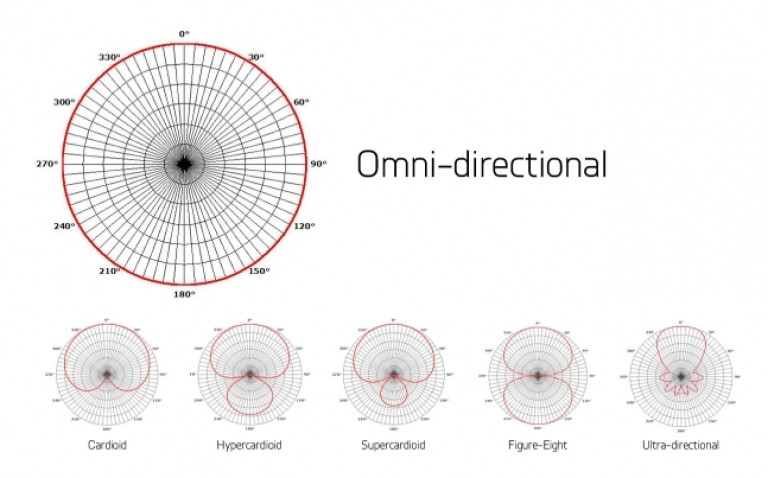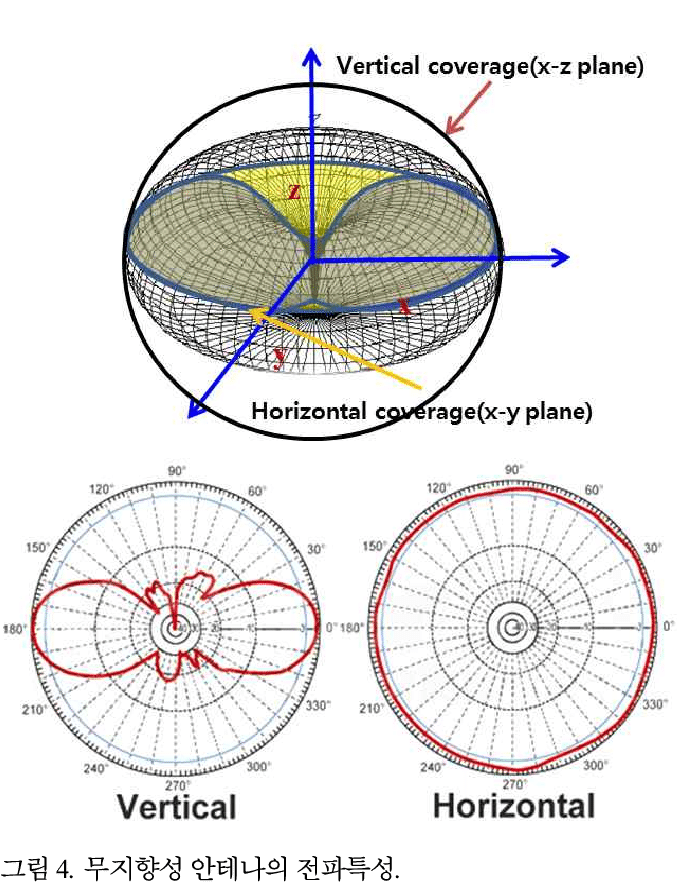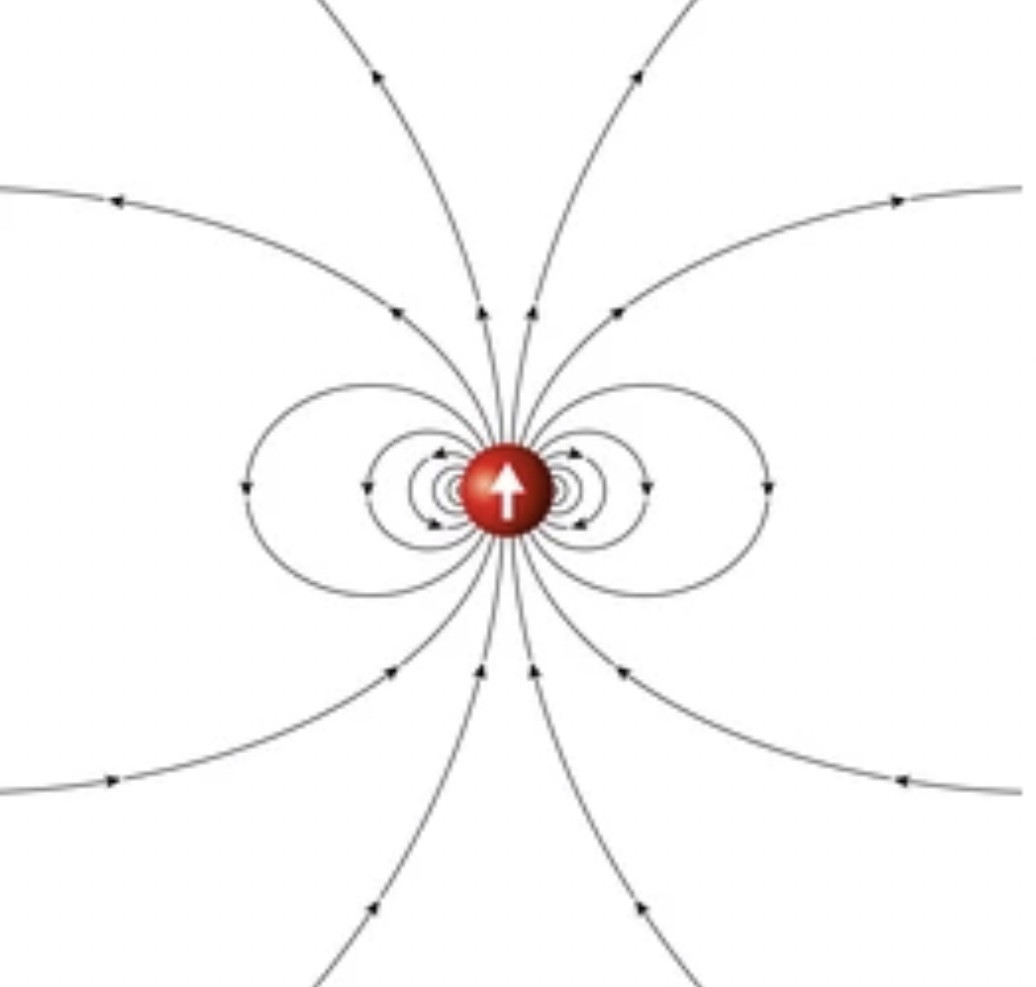mouth
Origin
Old English mūth, of Germanic origin; related to Dutch mond and German Mund, from an Indo-European root shared by Latin mentum ‘chin’.
Jas 3:3 Behold, we put bits G5469 in the horses' mouths, that they may obey us; and we turn about their whole body.
khal-ee-nos'; from G5465; a curb or head-stall (as curbing the spirit):—bit, bridle.
G4750
stom'-a; mouth-the mouth, as part of the body: of man, of animals, of fish, etc.
since thoughts of a man's soul find verbal utterance by his mouth, the "heart" or "soul" and the mouth are distinguished
the edge of a sword
Sword/Words
Natural frequency, also known as eigenfrequency, is the frequency at which a system tends to oscillate in the absence of any driving or damping force.
The motion pattern of a system oscillating at its natural frequency is called the normal mode (if all parts of the system move sinusoidally with that same frequency).
If the oscillating system is driven by an external force at the frequency at which the amplitude of its motion is greatest (close to a natural frequency of the system), this frequency is called resonant frequency.
Crossed S W or Ds
Bidirectional ringing?
By bell?
❤️Beloved =65
Rom 11:17 And if some of the branches be broken off, and thou, being a wild olive tree, G65 wert graffed in among them, and with them partakest of the root and fatness of the olive tree;
Mat 3:17 And lo a voice from heaven, saying, This is my beloved G27 Son, in whom I am well pleased.
ag-ap-ay-tos'; from G25; beloved:—(dearly, well) beloved, dear.,esteemed, dear, favourite, worthy of love
dear
/dɪə/
adjective: dear; comparative adjective: dearer; superlative adjective: dearest
1.
regarded with deep affection.
"a dear friend"
beloved
loved
much loved
darling
adored
cherished
precious
esteemed
respected
worshipped
close
intimate
confidential
bosom
boon
favourite
best
treasured
valued
prized
special
favoured






